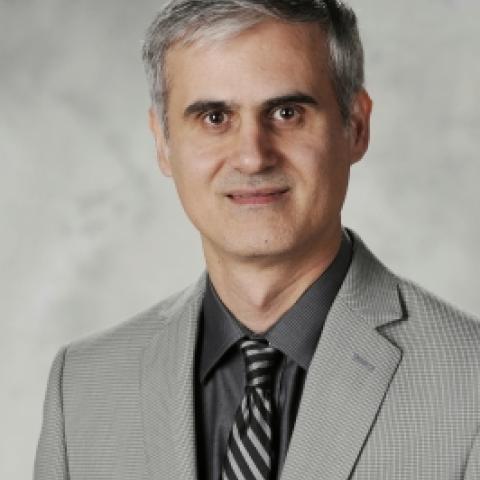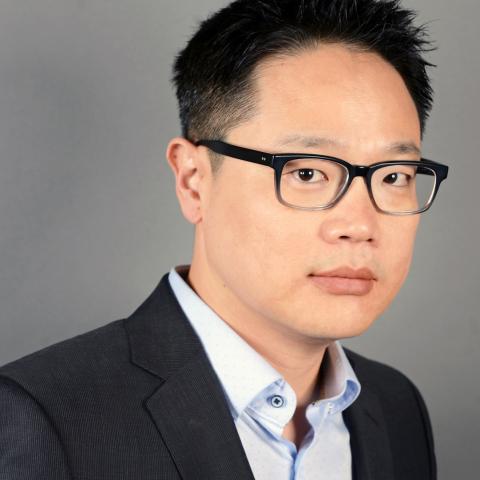Andrew Zangwill

Professor Zangwill earned a B.S. in Physics at Carnegie-Mellon University in 1976. His 1981 Ph.D. in Physics at the University of Pennsylvania introduced the time-dependent density functional method.
He worked at Brookhaven National Laboratory and the Polytechnic Institute of Brooklyn from 1981-1985 before taking up his present position at the Georgia Institute of Technology.
He was named a Fellow of the American Physical Society in 1997 for theoretical studies of epitaxial crystal growth.
He is the author of the monograph Physics at Surfaces (1988) and the graduate textbook Modern Electrodynamics (2013). In 2013, he began publishing scholarly work on the history of condensed matter physics.
ElectrodynamicsEpitaxial GrowthQuantum MaterialsIII-V Semiconductor Devices



